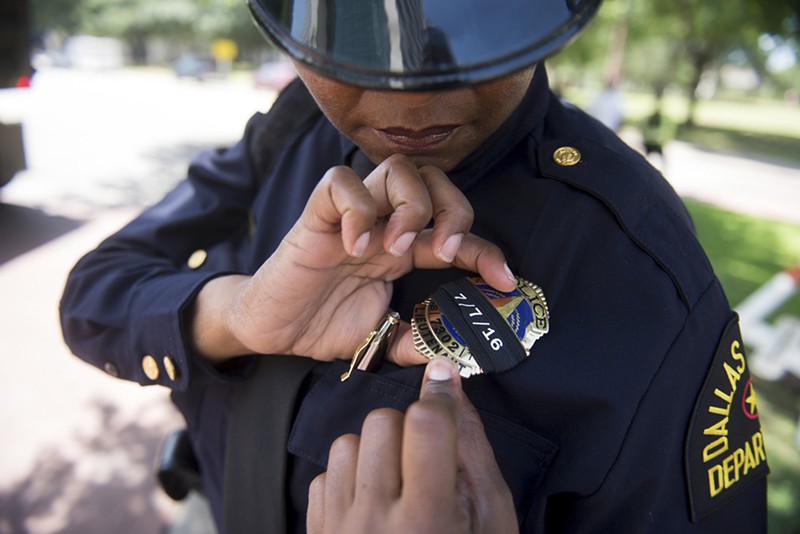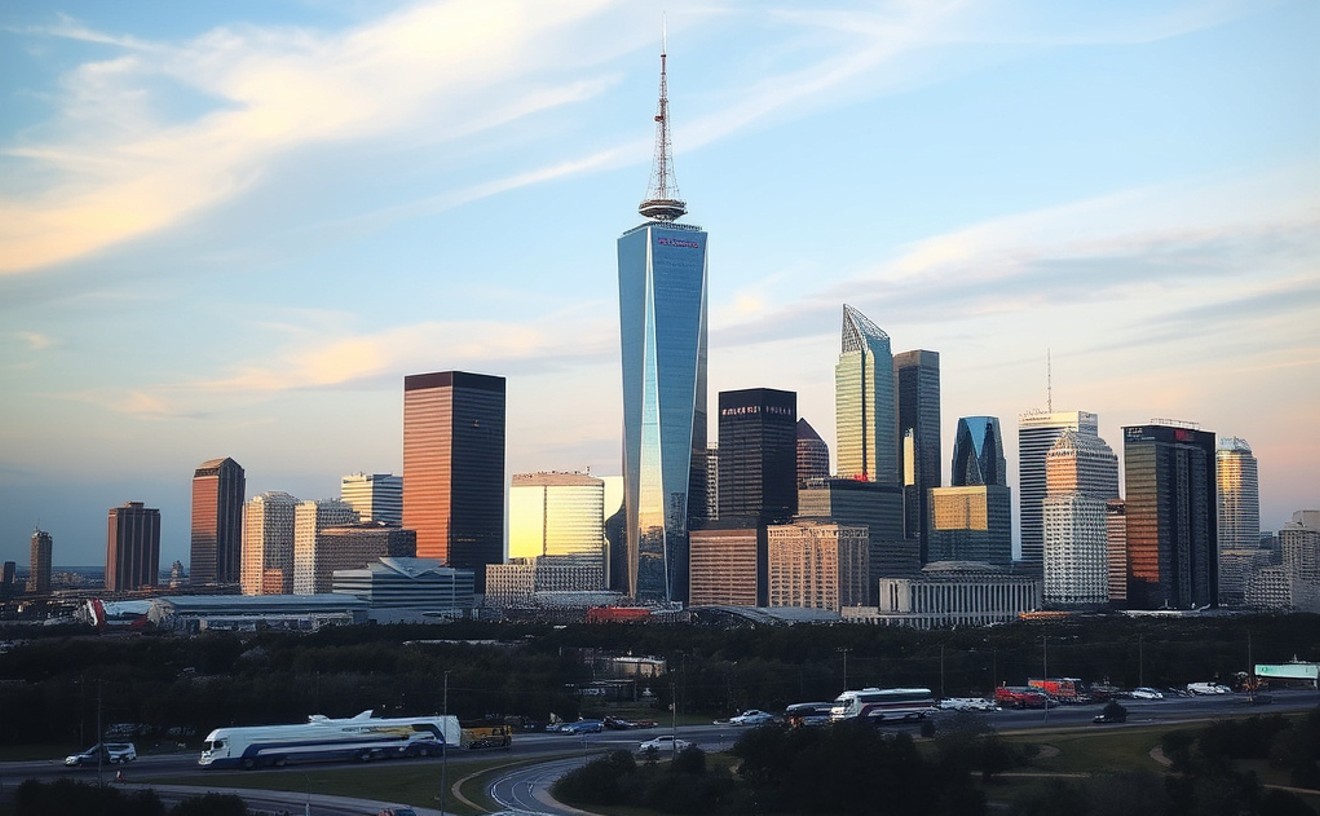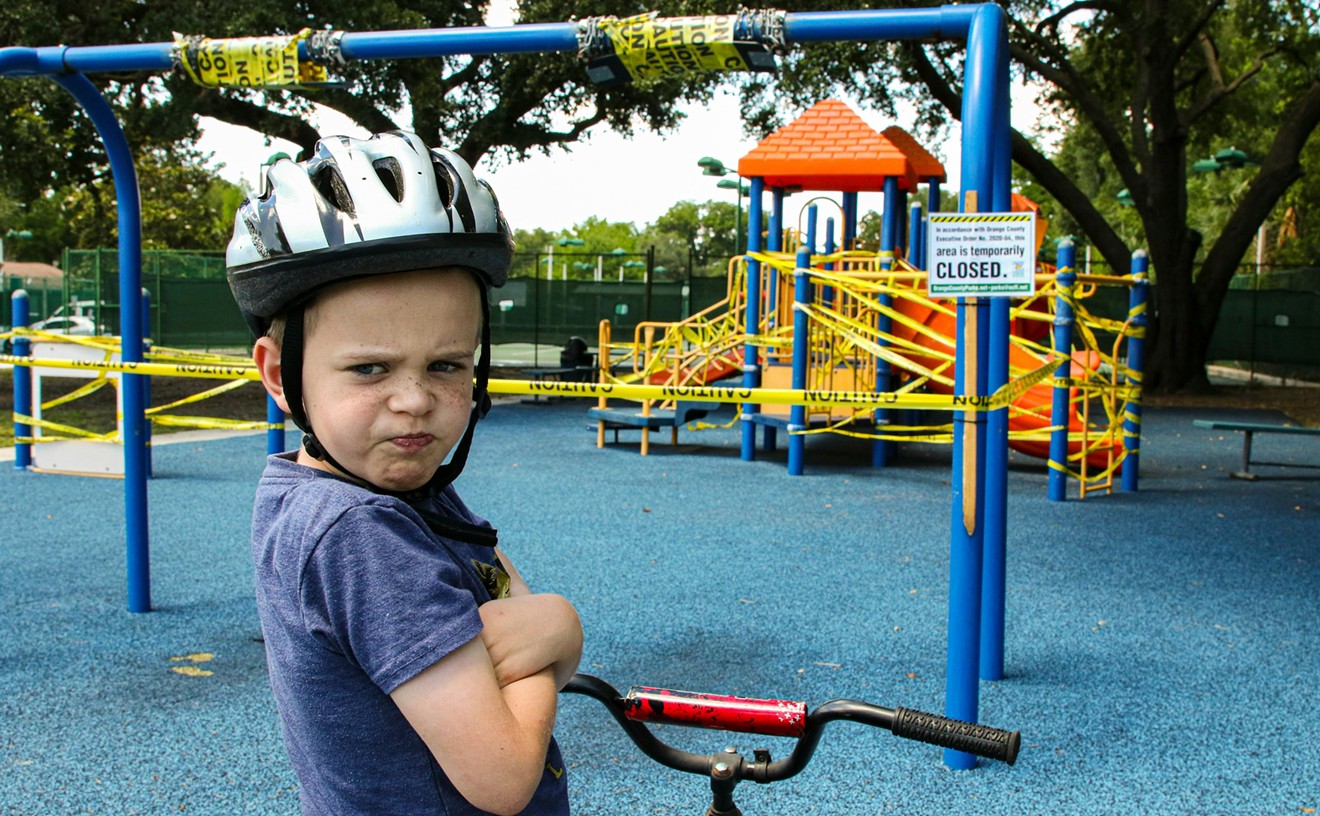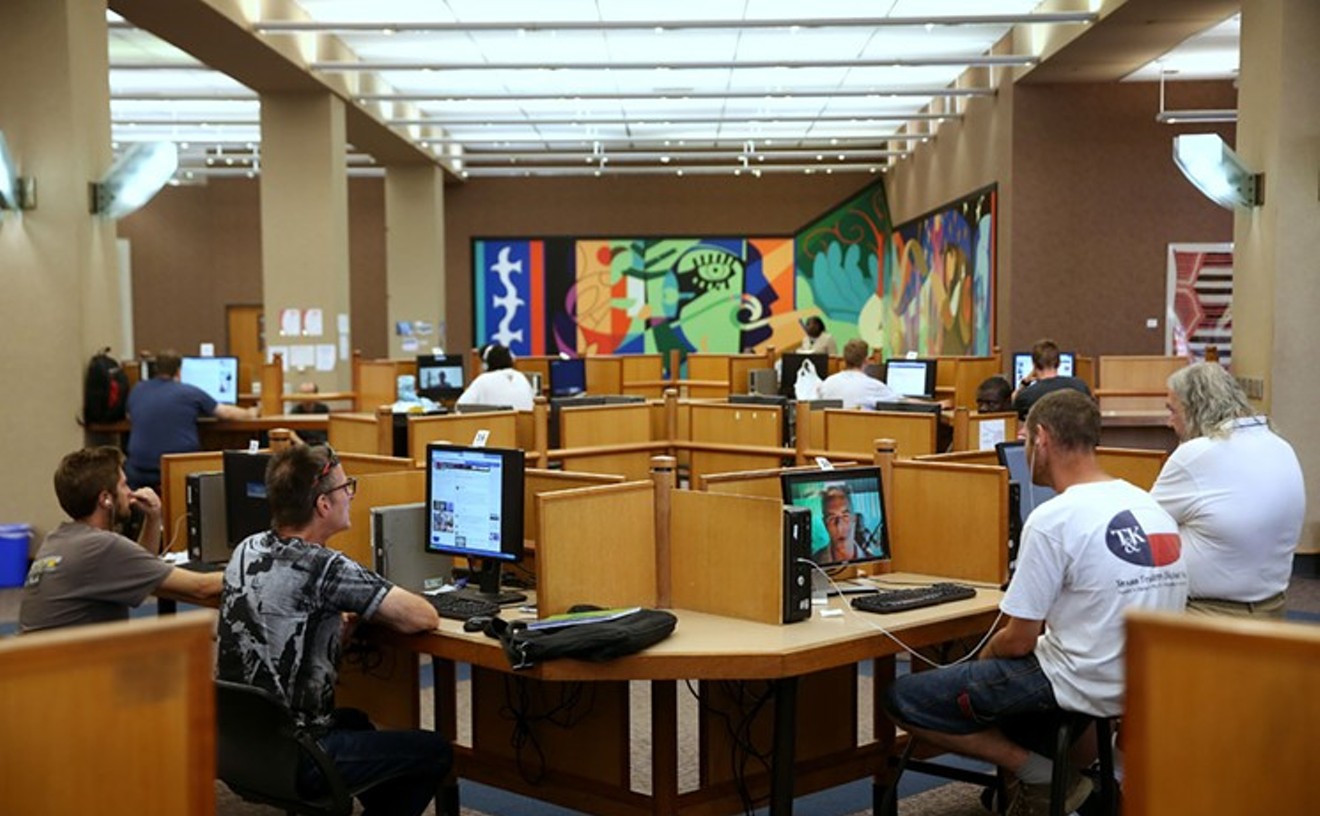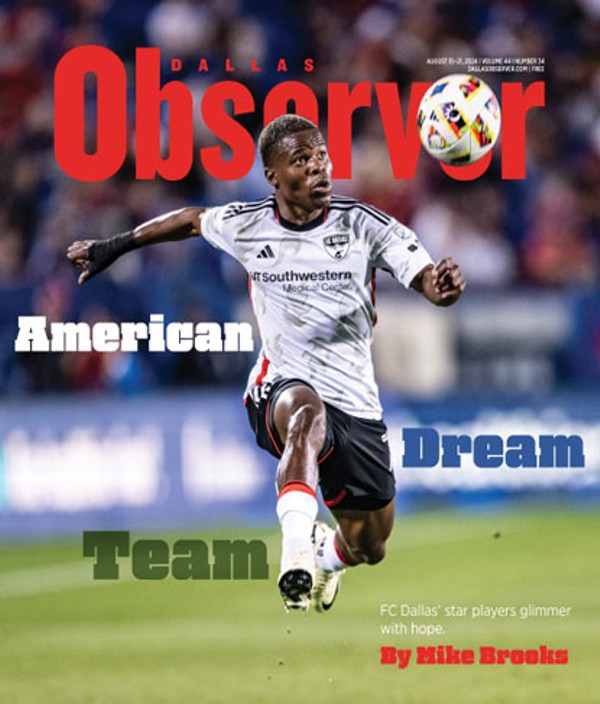There was a mass exodus of officers in the mid-2010s when the Dallas Police and Fire Pension's future became uncertain. The department lost about 420 officers in two fiscal years and has struggled to make up the difference ever since. But between new federal dollars and programs to reward officers, the city thinks it will be able to meet its hiring goals over the next two years.
As much trouble as Dallas has hiring officers, it has just as big of a problem with losing officers to attrition. “It’s a two punch deal,” Rick Ericson, a spokesperson with the city, said of the hiring goals. “It’s recruiting, but it’s also retaining.”
Police have blamed rising response times, spiking calls for services and high rates of violence on staffing shortages, according to The Dallas Morning News.
The plan now is to hire 250 officers in the next year, and another 250 officers in the following year. This is the max number of recruits the training academy can take on at a time. During a recent City Council meeting, Interim City Manager Kimberly Bizor Tolbert said it’ll cost about $30.5 million each of the two years to get the task done, which would include money for salaries and benefits.
To help get there, the proposed budget will include a recruiting referral bonus pilot program. The plan will be to reward current sworn officers with a $1,000 disbursement for the first 100 to refer qualified candidates for the job. In order to keep officers on the force, Dallas is also introducing a sick leave program, meant to reward police officers for consistent and scheduled attendance and allows officers to exchange a portion of their sick leave for payment.
The city is also trying to use federal dollars to help hire all of these officers. Dallas recently submitted an application for the Community Oriented Policing Services Hiring Program, which could shoot another $2.1 million into the budget to hire more police.“It’s a two punch deal.” – Rick Ericson, city of Dallas
tweet this
Based on hiring goals and anticipated attrition, the city expects the department to grow from 3,102 officers at the end of the 2023-2024 budget cycle, to 3,222 officers by the end of 2026.
A Dallas resident led a petition to get the hiring of more officers on the ballot as a charter amendment this November. The measure would force the city to hire another 1,000 officers at a cost of about $175 million for salaries, benefits and equipment, Tolbert said at a recent meeting. Residents behind the petition want there to be three police officers for every one thousand citizens. Recently, city leaders have said this ballot initiative, if passed, would come with drastic cuts to other areas of Dallas’ budget. City Council member Tennell Atkins said at a meeting that the ballot initiative could lead to cuts in infrastructure, parks and recreation, libraries and staff.
Pete Marocco, executive director of Dallas HERO Initiative, the group behind the charter amendment to hire more cops, said the interim city manager only has goals to bring more police to the city, not an actual plan. "In reality, the current goal is just another failed promise to citizens and the officers," he said by email.
Dallas Police Chief Eddie García also said the measure would be a burden on the department. "It would be incredibly difficult,” he told WFAA.
As KERA pointed out, Marocco is from University Park, according to a recent list of City Council public speakers, and many others who spoke in support of the ballot measure weren't from Dallas. Additionally, a press release from the group names Stefani Carter as its honorary chair. Carter sits on the Braemar Hotels and Resorts board of directors, according to KERA. The founder and chairman of the hotel company is Monty Bennet. He's also the chief executive officers of the Dallas-based asset management firm Ashford Inc., and is the publisher of the local right wing publication, the Dallas Express.
Police staffing in the city has been an issue for years. It's an issue the whole country is facing.
According to the FBI, between 2020 and 2021, law enforcement resignation and retirement rates increased by 15% and 45% respectively. Four of the largest metro police departments are collectively down over 5,400 officers. Additionally, law enforcement is going through a drastic decrease in the number of recruits, between 27% and 60% depending on the area.
What the International Association of Chiefs of Police call a "recruitment crisis" is caused by a number of factors, including societal perceptions of the profession and a generally difficult hiring process.
Nationally, police departments have done a number of things to try to boost numbers. To increase the candidate pool, some departments have reduced their hiring standards, eliminating or minimizing the college education requirements, revised tattoo policies and become more lenient about prior drug use.
A couple of months ago, Dallas PD changed its tattoo and grooming policies to allow officers to show off their arm tats and grow natural, groomed beards. Jaime Castro, president of the Dallas Police Association, said this step will help recruit and retain officers. But hiring the number of officers needed at DPD will be no easy task, as it’s been hard to keep them, he said.
“It’s one thing to hire, to get somebody in the door,” Castro said. “It’s a whole other thing to actually retain them because when you hire and if they turn around and leave and walk right out the door after they graduate, you’re spinning your wheels.”
Castro suspects there's been a drop off in recruits, in part, due to media scrutiny of the job. He said 40% of young recruits have left the department. He thinks this has to do with younger people looking at a career in law enforcement as a stepping stone, as opposed to a long-term commitment. Some leave for other departments that offer better pay and others go to work in the private sector.
“When things like this are happening, you’re just never, never, never going to get caught up and it makes it very difficult,” he said. But, to him, the city and DPD command staff are committed to finding a solution.
Castro said, “That’s what we have to do is to find those incentives and continue to make Dallas Police Department the premiere department in the nation so we attract the best applicants, and we get a commitment from them to stay here and work.”

